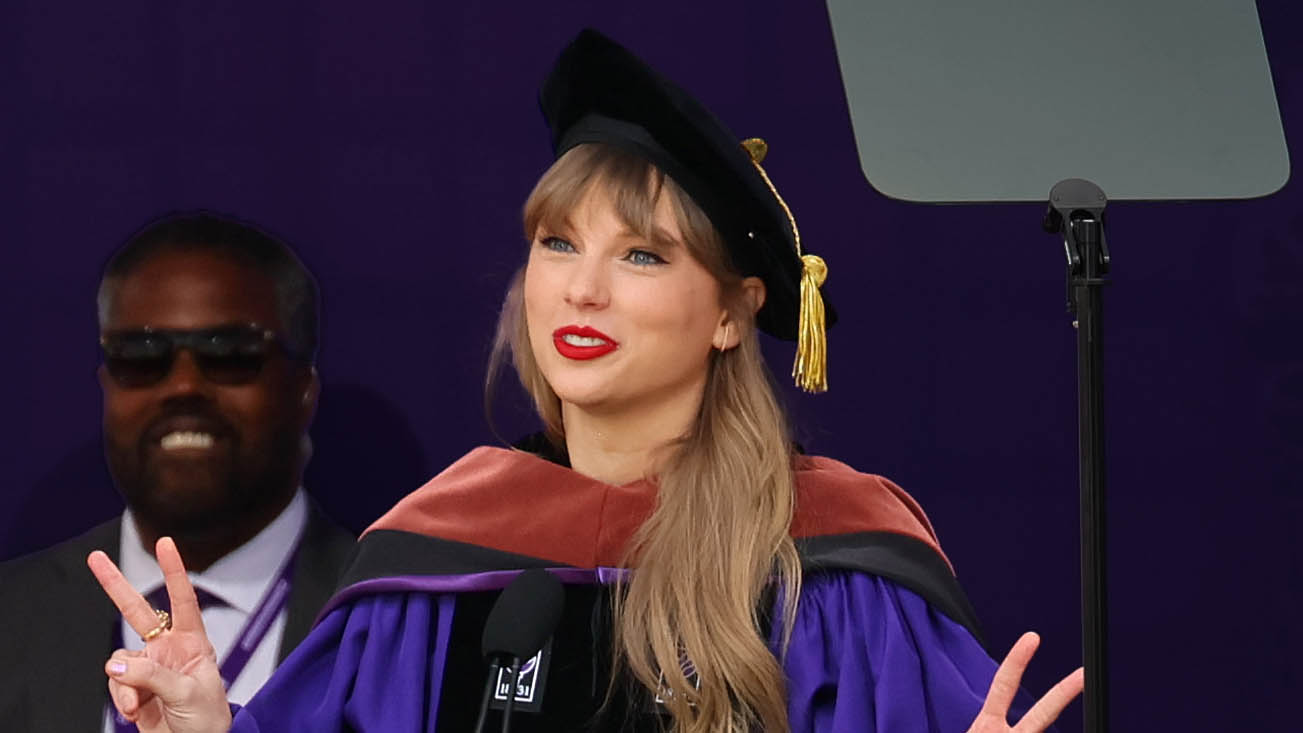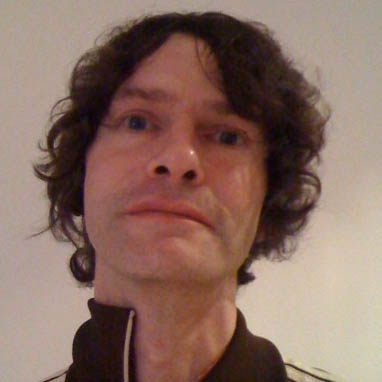"She's kind of known for her pop songs, but they actually go a lot deeper than that. I think she can even be compared to some of the great poets”: Academics debate Taylor Swift at Birmingham University event
Evening sees Swift compared to Plath, Robert Frost and Emily Dickinson

If there was any doubt Taylor Swift is the biggest, most lucrative, most analysed, just... most pop star alive at the moment then we had the final proof in Birmingham last night when a bunch of academics debated her meaning at an event at Birmingham University’s Bramall Concert Hall.
The symposium, The Taylor Swift Phenomenon, featured a number of visiting speakers analysing various aspects of the singer’s art, her influence and cultural and economic power.
Dr Iona Murphy, a Lecturer in Humanities at the University of Huddersfield, gave a presentation which explored “her lyrics through a poetic lens comparing them to prominent nineteenth and twentieth century poets such as Sylvia Plath, Robert Frost, and Emily Dickinson.”
Analysing sound, technique, and themes, she highlighted “how Swift’s lyrics can be read as poetry, making this art-form more accessible to a wider audience.”
Meanwhile Dr Sophie King Hill, Associate Professor at Birmingham University’s Health Services Management Centre gave a talk entitled ‘The Taylor Swift Paradox: The woman as pariah and hero’.
Her abstract read: “Taylor Swift has gained an enormous following and fame over the years, yet she’s viewed as both a hero and a pariah, depending on public perception. This talk examines how Swift's portrayal reveals societal views on women, misogyny, and the conflicting roles assigned to female figures. Swift's dual image as a sexualised role model and controversial figure provides insights into these social dynamics.”
There were further presentations on the economic power of ‘Swiftonomics’ and ‘civic and moral virtue in the lyrics of Taylor Swift’.
Want all the hottest music and gear news, reviews, deals, features and more, direct to your inbox? Sign up here.
It’s easy to chortle at the pseudery Swift is attracting at present. But it’s not just UK red brick institutions that are prone to it – there is now an English course dedicated to ‘Taylor Swift and her world’ at Harvard of all places.
And isn’t it the fate of any culturally significant figure – especially if they’re a songwriter – to end up being pulled apart on the dissecting board of academia? It happened to Lennon and McCartney and Bob Dylan in the 1960s, and even, more recently, to Eminem in the wake of Stan in the early years of this century.
Anyway, the Birmingham Swift symposium seemed to be a big success. It sold out, the Swifties made bracelets and the President of the University’s Taylor Swift Society agreed that her lyrics will one day be referenced in the same way people reference classic texts: "She's kind of known for her pop songs, but they actually go a lot deeper than that,” said Orla Keogh. “I think she can even be compared to some of (the) great poets.”

Will Simpson is a freelance music expert whose work has appeared in Classic Rock, Classic Pop, Guitarist and Total Guitar magazine. He is the author of 'Freedom Through Football: Inside Britain's Most Intrepid Sports Club' and his second book 'An American Cricket Odyssey' is due out in 2025.
![Taylor Swift - Shake It Off [Remastered In 4K] (Official Music Video) - YouTube](https://img.youtube.com/vi/ZRU_9GwiTyA/maxresdefault.jpg)